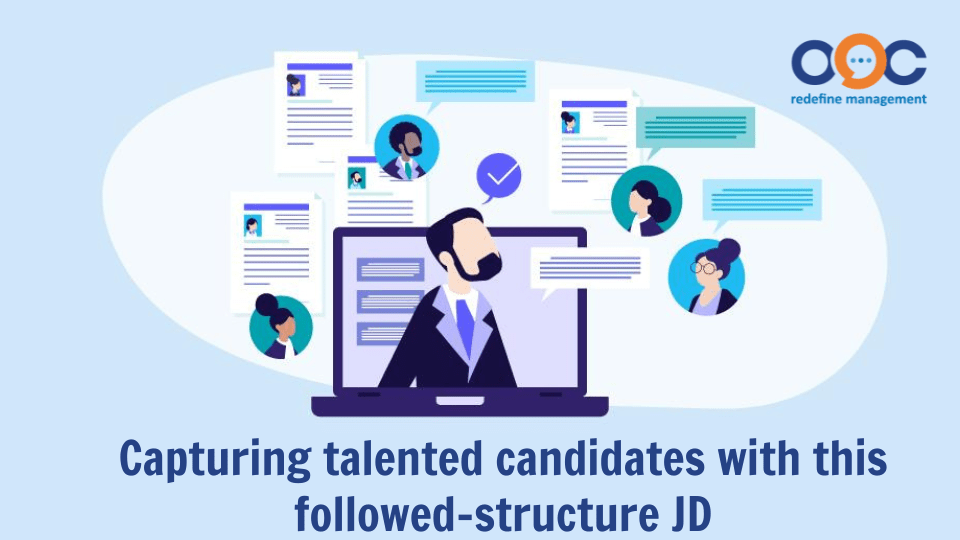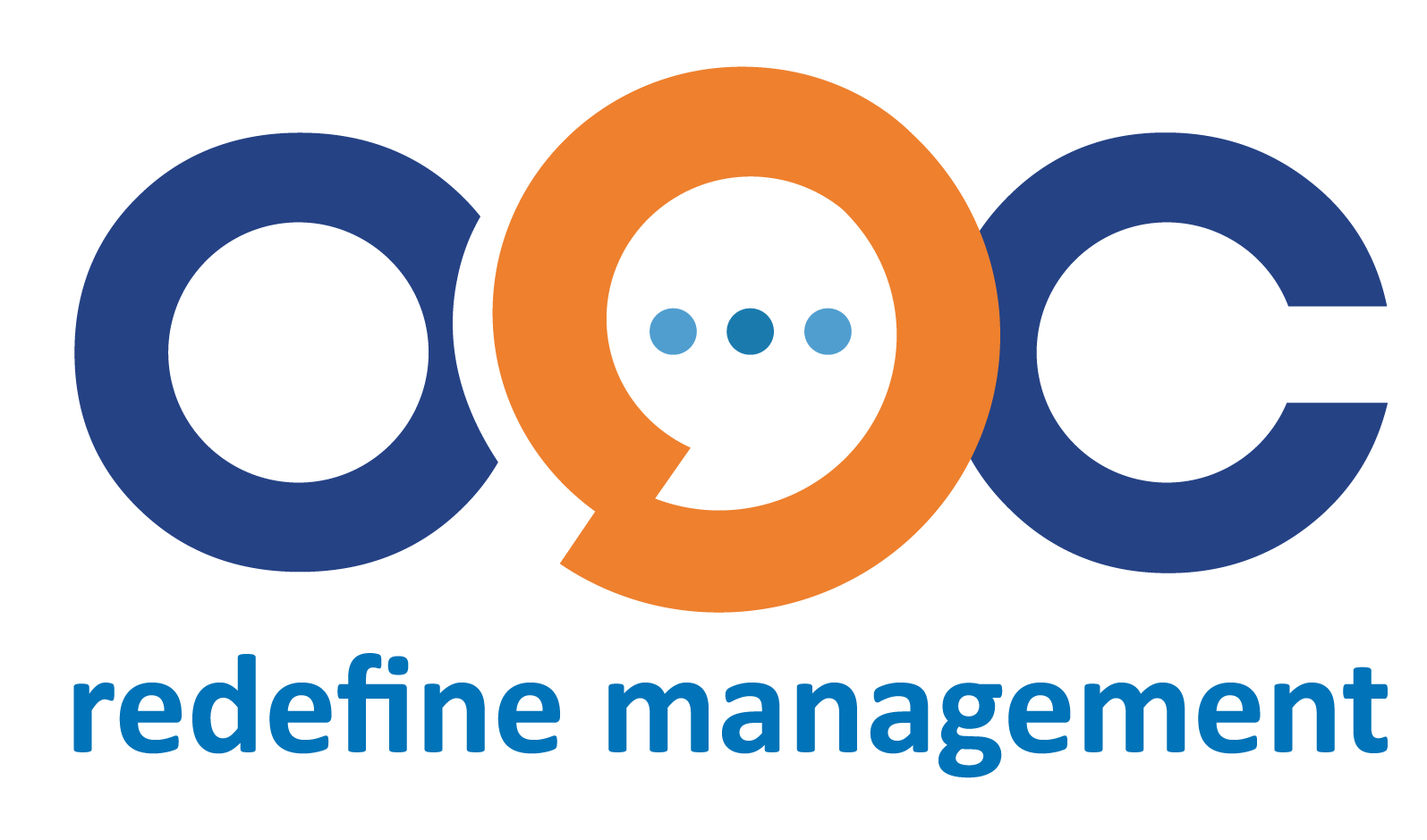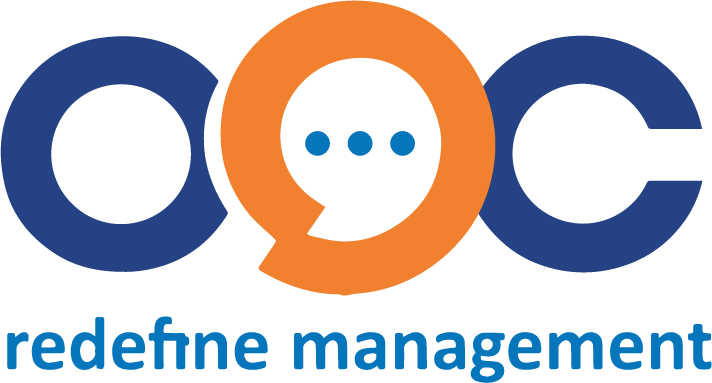
What does a JD mean?
JD stands for job description which is a document helping employers communicate effectively with potential candidates about their expectations on new vacancies. By composing a proper JD, the recruiters can ideally express their specific requirements for hiring positions in terms of role, responsibilities, qualifications,…
From the candidates’ perspective, this is helpful material figuring out the general meaning and required roles of the job. Based on the provided information, the job seekers will self-reflect their abilities, experiences and expertise to test compatibility with the given job. In the role of employers, Job Décription is a standard that uses for filtering potential candidates. In the consecutive step of recruiting process, JD plays a guiding role that does wonder for assessing and ranking candidates.

Read more: digiiTeamW Collaboration and Task Management Software
Why JD is important for recruiment?
To make your hiring position more appealing, recruiters can provide a range of salary, benefits, and welfare specifically. Through JD, candidates can have general information about the recruiting process: number of recruiting stages, requirements, testing formation.
Therefore, JD is an essential document that keeps both employer and job seekers on the same page the job recruitment. Moreover, this is a feasible way to effectively communicate about your company’s outstanding compared to the rest in the same hiring position. The proper JD deriving from actual needs can easily find an overlap area with employees. Besides that, based on the standard set in JD, employers can have an overall view of the average level of candidates’ quality so that they will have proper interviewing tactics and deals. It also does wonders for creating a checklist that employers can notice the shortage in employees’ skills and experience.

Read more: Human Resource Management Software – digiiHRcore
How to write a good Job Description?
To compose a good JD, having clear requirements is insufficient. Several points should be considerately taken into account so that recruiters can maximize their desire. Honestly and relevance will become the key answers in the successful hiring process. Let’s look into detail by following points.
Make your job title appropriate
At the first sight, job seekers mainly focus on job titles that reflect job positions and employees’ roles. By just a few condensed words, candidates can find their interest and compatibility with the hiring position so that whether company image can enter your potential candidates’ minds. To enter the temporary memory, the Job Description should coverage ARM criteria namely accurate, realistic and meaningful.
It explicitly understands that job title will close to what role employees will play and intentionally avoid some flying words such as Unicorn Designer or Rockstar Manager. A precise and realistic title will filter out the down-to-earth candidates who notice their expertise and working sense. Moreover, in terms of reality, it may make your recruiting posts become easy accessed by employees through Google searching, working sites. Lastly, when it comes to meaningfulness, a job title can foster a sense of importance in which candidates might have a notification on what they contribute to the company.
Read more: CRM B2B and B2C: What is the difference?
Use simple and clear language
To this, composing a JD is different from poems or non-fiction stories that require no metaphor, metonymy but are clear and straightforward. It should be explicit not merely on its content and words but also its presentation. Job Description should contain a series of listing requirements that are well-designed by condensed words. As a results candidates might find effortlessly bring home the requirements and functions given in the description. In addition, it is noticeable that the writer should delete long lead-in sentences, redundancy, and social bias that can become reasons causing a distraction and de-motivation or even estrangement to employees.
Read more: How do you know well about JD?

Focus on tasks and responsibilities
Taking employees as a new gear in the organization and think how to operate it fluently and effectively. Tasks and responsibilities should be presented right after company introduction as it is the biggest concern of job seekers. In this part, you could articulate your expectations and job functions yet in proper order. While bulleting tasks and responsibilities, you should consider their priority and place the most important thing on the top. Descending order will encourage readers to scrutinize job expectations and roles.
Disclose your information company
People are placing a big concern on employees’ development and welfare, your JD should disclose some outstanding features in working place relating to the cultural and technological environment to make an impression. After they find interest in your job position, it will be time for them to set a good sense with your company. Especially, Gen Z, who is labeled as a dynamic unit in the workforce, is likely to be impressed by CSR companies. Therefore, highlighting your company information with spiriting points might be a plus point in the long consideration process of job seekers.
Job-related skills should be claimed
Besides hard skills that aware of, employers also refer to detailed job-related skills that might come from their particular expectations. Reminding the job seekers about soft skills might provide a clear lens onto job requirements since it portraits detail on how the job is. Not merely presenting explicitly on qualification, employers but also denote communication skills, computer skills, sense of aesthetics, … It is useful for both recruiters follow the same page without fully forecasting employees’ expertise. Some discriminatory language should be dismissed in Job Descriptions, such as ‘attractive sale women” or “youthful candidates” because of its sensitivity and controversy.
Convey Benefits and Compensation
What things will strengthen the employers – employees relationship? Shall we say they are welfare or benefits? Since it is sensitive and close to their sense of security, benefits might decide who they work for. Stability on benefits and promotion makes them feel secure and long-term commitment. The perks and benefits of the job such as bonuses, learning opportunities, healthcare programs and insurance help your company distinguished itself from the crowd.
4 Steps to create a proper JD
Step 1: Shifting your purpose while composing Job Description
In the recruitment realm, employers always look for the most appropriate candidates. To actualize it, employers should pay more attention to targeted candidates by scrutinizing their social characteristics, level of demand,… Delightedly, populating the recruitment news on a large scale may open more chances to access a great number of employees; however, intent wrongly to an improper group of candidates might bring a side-effect. Selecting benefits that fit into common needs sounds more attractive, but might discourage targeted employees who need practical and more private satisfaction. Therefore, the company should shift their preference at somethings significant in number while focusing on high-quality applicants.
Step 2: Involving the line manager closely
There is an underlying process involving both HR recruiters and line managers to portrait detailly vacancy’s role and expectations. Managers can tell exactly how an ideal candidate looks like, what kind of requirements and qualifications they should have, what elements are plus points or penalties. To create a JD consistent with requirements, the company should organize an early meeting with the line managers.

Step 3: Finding down the most appealing motivators
Some candidates look for stability while major youngsters strive to get promotions, earn experience. In other cases, people are appealed by welfare and benefits in the working environment. Therefore the company should figure out their motivator and later directly and effectively communicate with their candidates.
Step 4: Starting collect and arrange points into JD
Right after recruiters finish your figuration, it is time for them to write it down on. This stage usually refers to two aspects: bullets and timeline. While writing bullet points, employers should write clearly and intensively about roles, requirements, qualifications, benefits, and compensation. It also needs to contain a timeline that notices job seekers about the hiring process to makes sufficient Moreover, on an enterprise website, employers can embed visual aids such as introductory videos, testimonials, staff images,.. that can convey part of your brand identity.
Conclusion

To hire a group of high-quality employees, your Job Description should be considered carefully to meet ideal candidates. JD is the first channel to communicate for employers to show their expectations and requirements for a special vacancy. There are 4 steps to refine the JD by changing recruiters’ mindset to identifying motivators.

